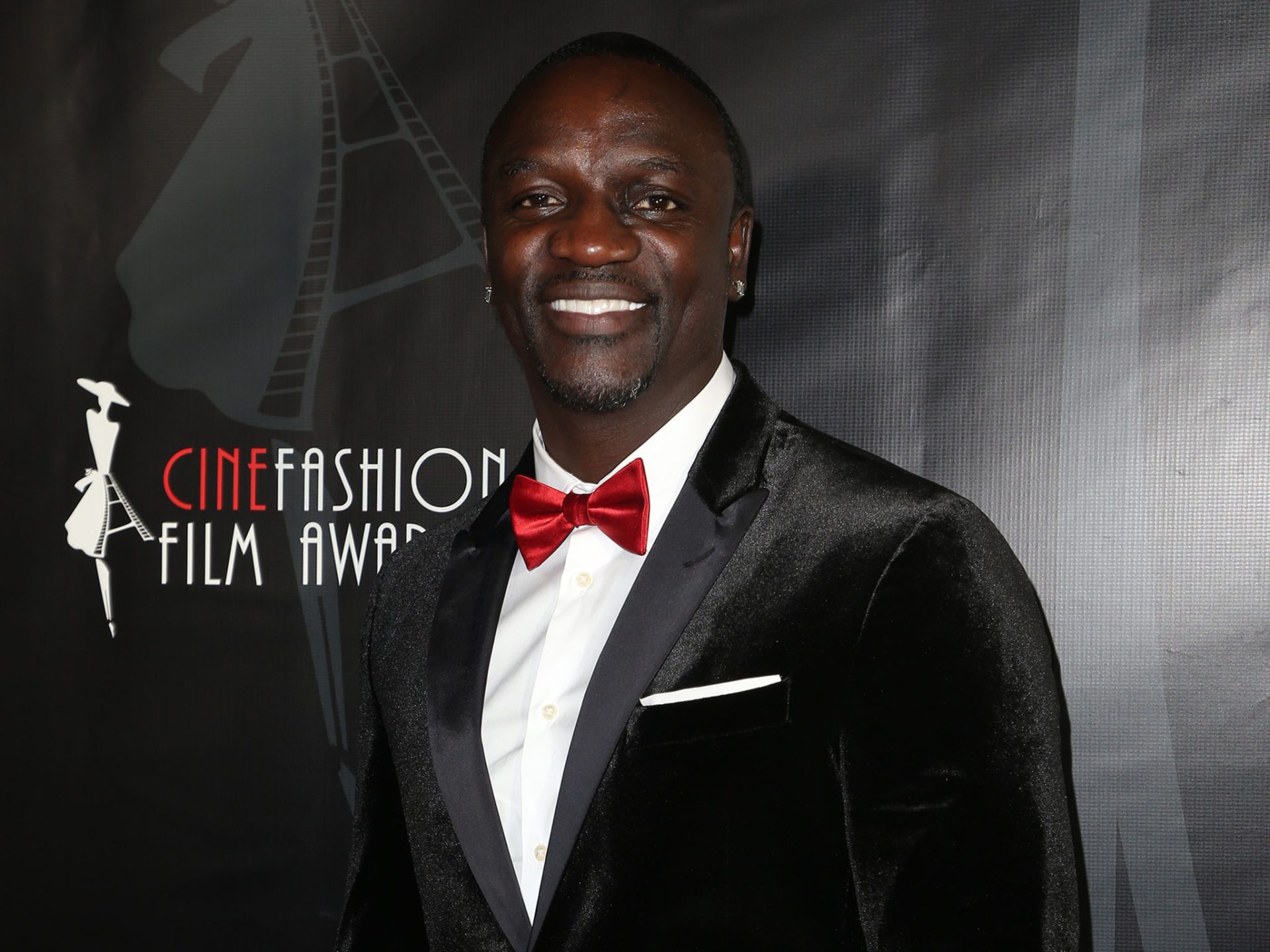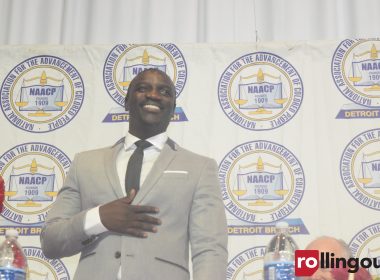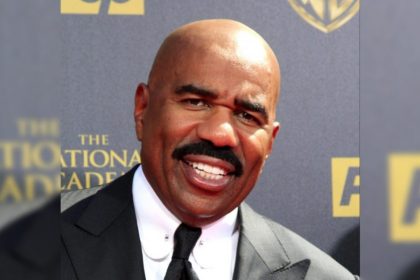With the recent news of a man in Dallas being diagnosed with the Ebola virus, paranoia about the dreaded disease is high throughout the United States. In the days since, a story has surfaced involving R&B star Akon and his recent performance in the Democratic Republic of Congo. Akon “crowd surfed” during the show, performing across the throng of adoring fans in a giant bubble that was pushed throughout the crowd of 6,000. The bubble sparked rumors that the Grammy winner was afraid to be in direct physical contact with the people due to the Ebola scare. Several “reputable” entertainment news sites ran with the assumptions and rumors, and the story regarding Akon’s fear, the plastic bubble and Ebola began to spread, well, like a virus.
Except there’s no real merit to the story at all.
Akon has been crowd surfing in a giant bubble as far back as 2010; having pulled the same trick at shows in Australia, India and various other locales around the world. Wayne Coyne of the Flaming Lips also famously crowd surfs in his giant bubble.
The real epidemic that is harming our culture is the epidemic of irresponsible and outright fake “reporting” masquerading as legitimate news. In desperation for page views and viral hits, more and more outlets are resorting to latching onto the first bit of sensational controversy they can find — and the public is taking the bait — hook, line and sinker.
Facebook News Feeds are full of fake stories from “satirical” news sites. Everything from a “Church of Beyoncé” in Atlanta to a fake C-SPAN video of a state representative from Pennsylvania warning of “classified” martial law tactics has been passed from site to site as real breaking news. Years ago, the public knew that grocery store tabloids weren’t exactly the most legitimate sources of information. But now, it’s as if we’ve lost the ability to distinguish between the National Enquirer and the Washington Post.
The consumers of media have to take some responsibility and think before they click “share” or comment with impassioned responses to a news article that seems outlandish or bizarre. Before we type “Must Read” over an article and post it on our Facebook wall, take a few seconds and do a quick Google search to make sure it’s not a complete fabrication. But the purveyors of media also have a responsibility. Don’t become slaves to Google hits and page views; so much so that you are willing to sacrifice all credibility by posting trash. Pop culture doesn’t need any more dumbing down.













